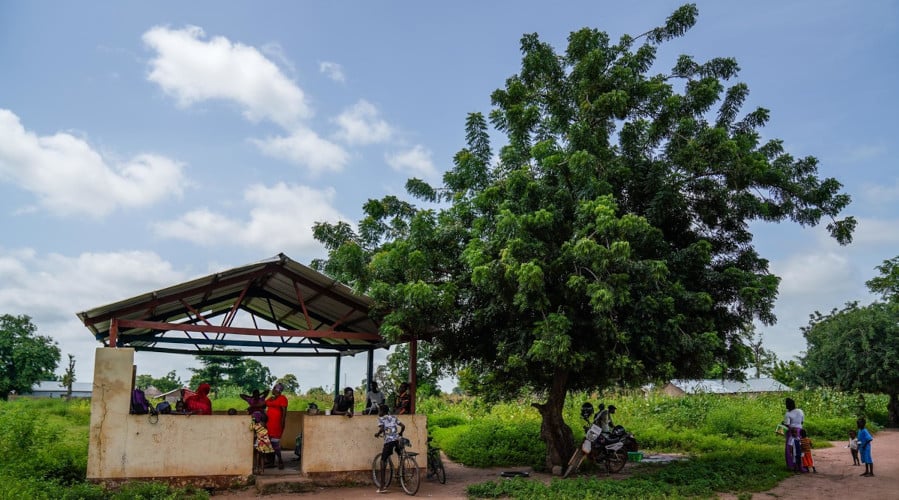The MRCG Basse field station is located in the Upper River Region (URR) in the eastern part of The Gambia about 380km from Banjul. The field station was established on 14 December 1982. In the past few years its facilities have been upgraded to accommodate large‐scale trials and studies such as the pneumococcal vaccine trial, meningitis vaccine project, pneumococcal surveillance project, global enteric multi-centre study and vaccine impact on diarrhoea in Africa and the trial on the efficacy of single low dose of primaquine in malaria asymptomatic carriers.
Current trials include Capture and SERVAL, Genomic Epidemiology and Transmission of Campylobacter (GETCAMPY), Enterics for Global Health (EFGH), Heat-in-Pregnancy and PHASE (Prevalence of HPV, AMR, AND STI Estimation)
Basse field station has a long history of cordial collaboration with the Gambian Department of State for Health, the regional health team, local government authorities and Basse district hospital. It has also implemented research interventions targeting grass root communities through primary health care facilities in the region. In addition, there is a well-established Health and Demographic Surveillance System (HDSS).
The field station currently has excellent laboratory facilities for microbiology, immunology, molecular biology, and tissue culture and has the capacity for temporary storage of biological samples in ‐80°C and ‐20°C freezers before transferring them to the MRCG Fajara main campus Biobank for long term storage.
Wali Kunda is a sub-station under the Basse field station located in the Central River Region about 120km from Basse. This site functions as a centre for studying mosquito behaviour and ecology as well as investigating zoonotic disease risk. Its central location serves as a hub for malaria and entomological research carried out by the Disease Control and Elimination theme. There is a fully functioning insectary in Basse and Walikunda with a colony of dichloro-diphenyl-trichloroethane (DDT) susceptible strain of Anopheles gambiae (Kisumu strain). Both insectaries have established capacity of conducting mosquito experimental infestation using direct membrane feeding assays to measure the human malaria infectious reservoir and the effectiveness of malaria transmission blocking vaccine and drugs.

